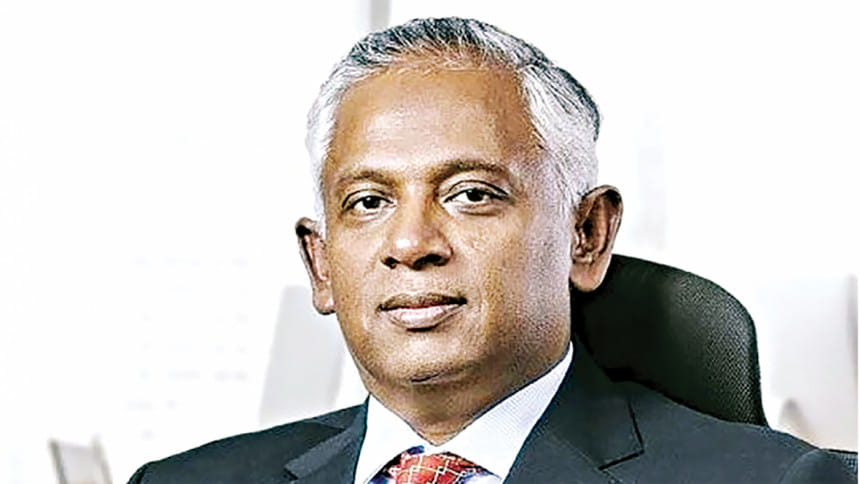Future of jobs: Are we ready?

In Bangladesh, human resources (HR) often feel like driving a car without an engine—lots of noise, no progress. By 2030, 39 percent of core job skills will be obsolete, yet we're stuck debating Excel training. Heads of HR, treated as attendance monitors, lack the tools to tackle this shift. Automation looms, poised to replace jobs faster than Dhaka traffic consumes patience. Without urgent reskilling, our demographic dividend risks becoming a liability. With machines learning faster than humans, the future won't wait for us to catch up over endless cups of cha. It's time to act before it's too late.
The World Economic Forum's report on the future of jobs by 2030 highlights a transformative shift in the global workforce driven by technological advancements, demographic changes, and the green transition. By 2030, 41 percent of employers are expected to downsize, resulting in 92 million job losses globally. The report indicates that 41 percent of jobs are secure, while 59 percent will require reskilling or upskilling. Among those needing training, 29 percent will remain in their current roles, 19 percent will be redeployed to new positions, and 11 percent will face unemployment due to insufficient adaptation. This highlights the urgent need for workforce transformation to address the evolving demands of the global job market.
The report projects a net increase of 78 million jobs globally, with 170 million new roles emerging while 92 million are displaced. Roles such as AI and machine learning specialists, data analysts, digital marketing professionals, sustainability-focused jobs, wellness experts, digital security experts, and renewable energy professionals are expected to see significant demand. On the other hand, jobs reliant on manual or repetitive tasks, such as graphic design and certain manufacturing roles, face a marked decline.
In Bangladesh, where the economy is fuelled by industries such as garments, agriculture, and information technology, the implications of these transformations are profound. Many roles currently occupied by workers risk being automated or rendered obsolete. For example, machines are increasingly taking over repetitive tasks in manufacturing and clerical jobs, pushing the workforce toward roles requiring complex problem-solving, creativity, and digital proficiency.
A demographic dividend amplifies the challenge. Bangladesh boasts a large young population, offering an opportunity to harness their potential. However, this demographic advantage could become a liability if the workforce is not adequately equipped with job-ready skills. Education and vocational training systems need urgent reform to align with the demands of the evolving job market. Traditional memorisation-based learning methods must give way to curricula emphasising critical thinking, technological literacy, and adaptability.
The transition to a greener economy also offers both challenges and opportunities for Bangladesh. With an increasing global focus on sustainability, there is a growing demand for jobs in renewable energy and environmental management. These sectors provide an avenue for job creation but also require a workforce skilled in new technologies and practices. Investing in green skills and sustainable practices can position Bangladesh as a competitive player in the global economy while addressing local environmental challenges.
Businesses must prioritise upskilling and reskilling their employees, not only as a corporate responsibility but also as a strategic imperative. Collaborative efforts between the government, private sector, and international organisations can help bridge the skill gap. Initiatives such as public-private partnerships for vocational training, subsidies for skill development, and targeted investment in education technology can create a sustainable model for workforce development.
For individuals, the message is clear: lifelong learning is no longer optional but essential. Workers must take charge of their own professional development by leveraging online resources, enrolling in training programs, and remaining open to career pivots.
As Bangladesh navigates these transformative times, embracing change with a forward-thinking mindset will be crucial. By fostering a culture of continuous learning, innovation, and adaptability, the nation can turn challenges into opportunities and secure its place in the future of work.
The author is president of the Institute of Cost and Management Accountants of Bangladesh and founder of BuildCon Consultancies Ltd


 For all latest news, follow The Daily Star's Google News channel.
For all latest news, follow The Daily Star's Google News channel. 




Comments